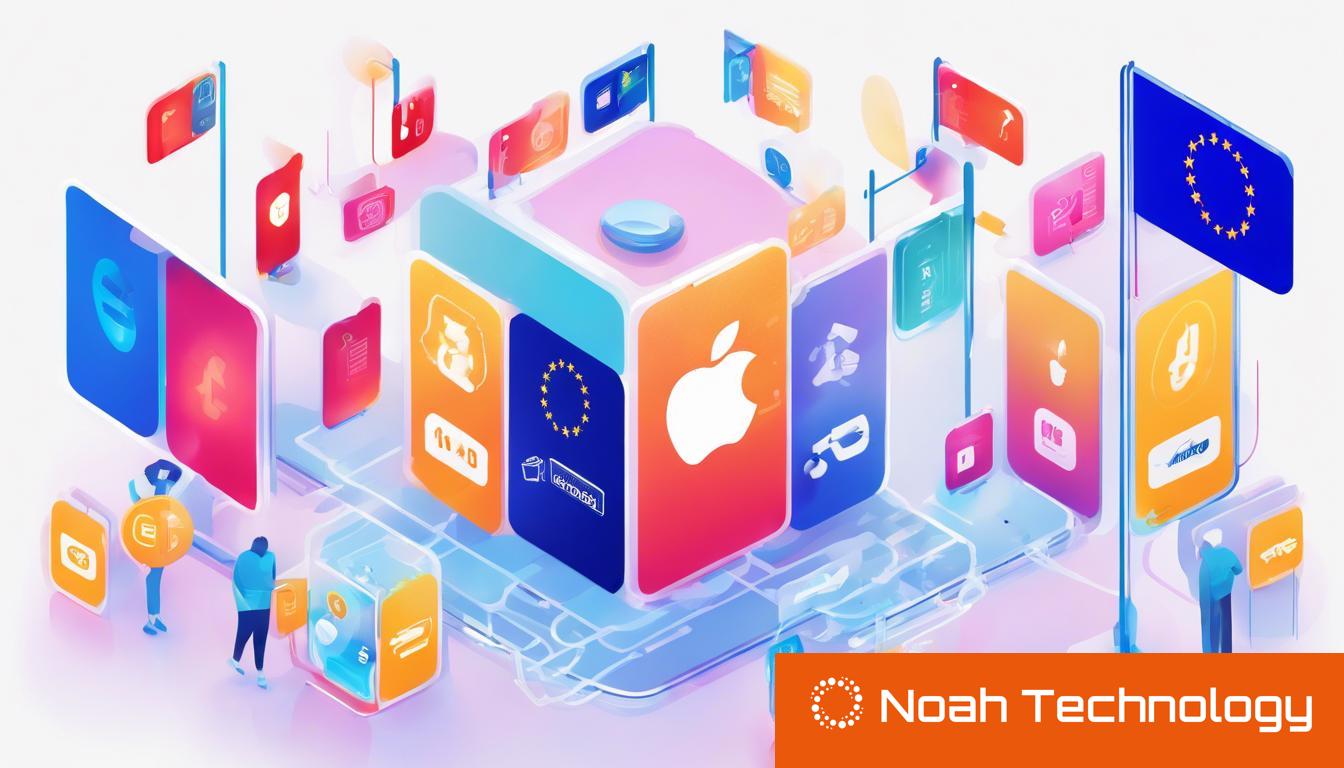In response to the EU’s Digital Markets Act, Apple introduces changes to its App Store policies, allowing alternative app stores and payment methods while emphasizing user safety.
Apple has announced adjustments to its App Store policies in the European Union (EU) to comply with the EU’s Digital Markets Act, signaling a significant shift from its long-standing exclusive control over app downloads and payments on the iPhone. This move comes in response to new EU rules demanding greater openness and competition among tech giants, allowing iPhone users to download apps from alternative app stores and use different payment methods. Despite these changes, Apple has expressed concerns regarding user safety, warning that this increased openness could expose users to greater risks of cyber attacks and malware.
In an effort to balance compliance with the new regulations and maintain user security, Apple plans to implement a baseline review program for all apps distributed within the EU. This program aims to assess known security threats and ensure app functionality, although it will not extend to reviewing app content. Additionally, Apple intends to introduce on-screen alerts to inform users when they are leaving the App Store environment, a measure designed to help users make informed decisions about their downloads and purchases.
Furthermore, Apple has retracted a previously announced decision to block access to “progressive web apps” in the EU, which would have limited the ability of users to access web apps acting as an alternative to native App Store offerings. This reversal came after significant backlash from developers, lawmakers, and nearly 5,000 signatories of an open letter, criticizing the initial decision as contrary to the principles of the Digital Markets Act.
Apple’s adoption of these changes reflects the company’s attempt to navigate the requirements of the EU’s Digital Markets Act, aiming to promote competition and consumer choice while grappling with the challenges of ensuring app security and user protection in a more open digital marketplace.













